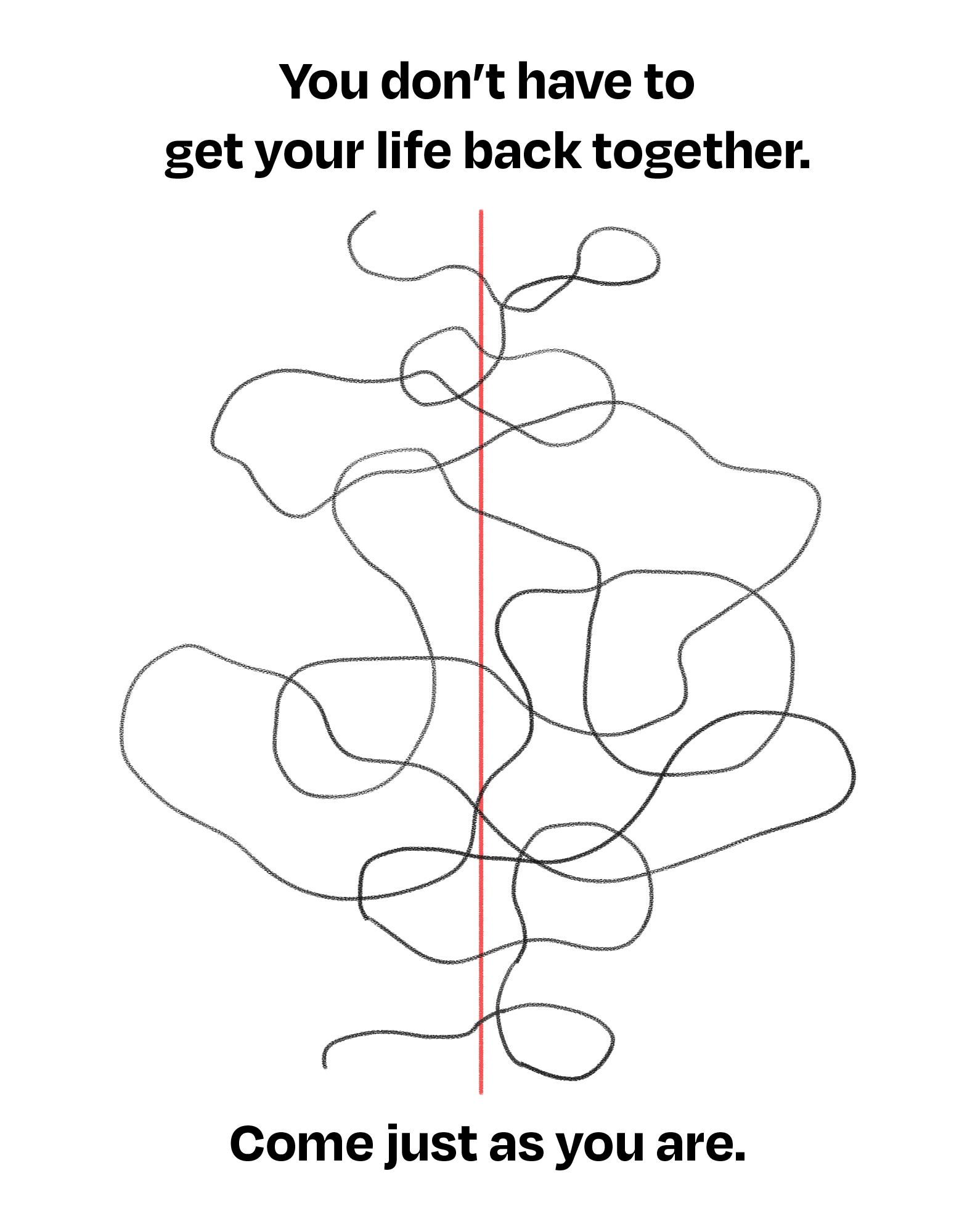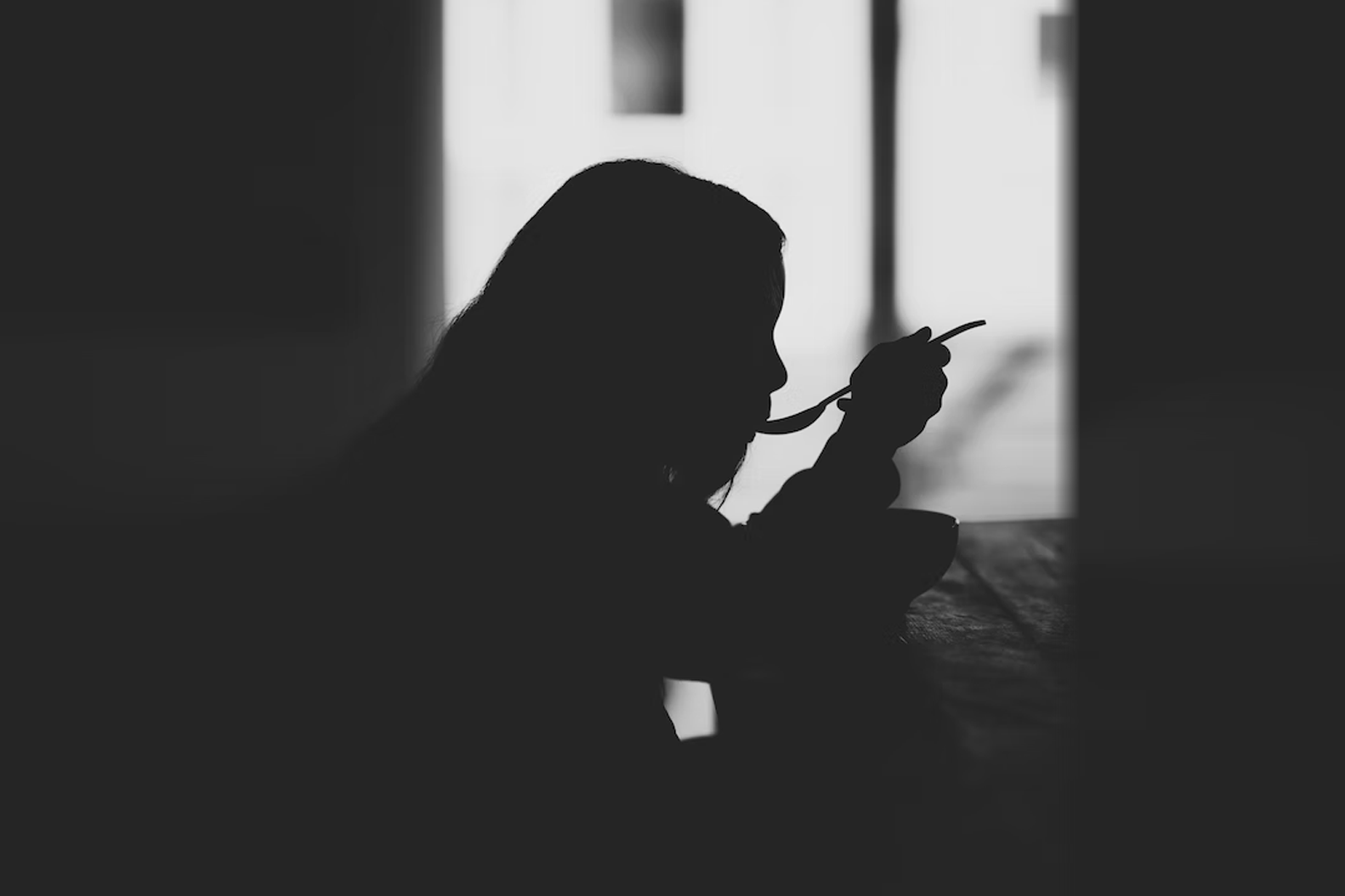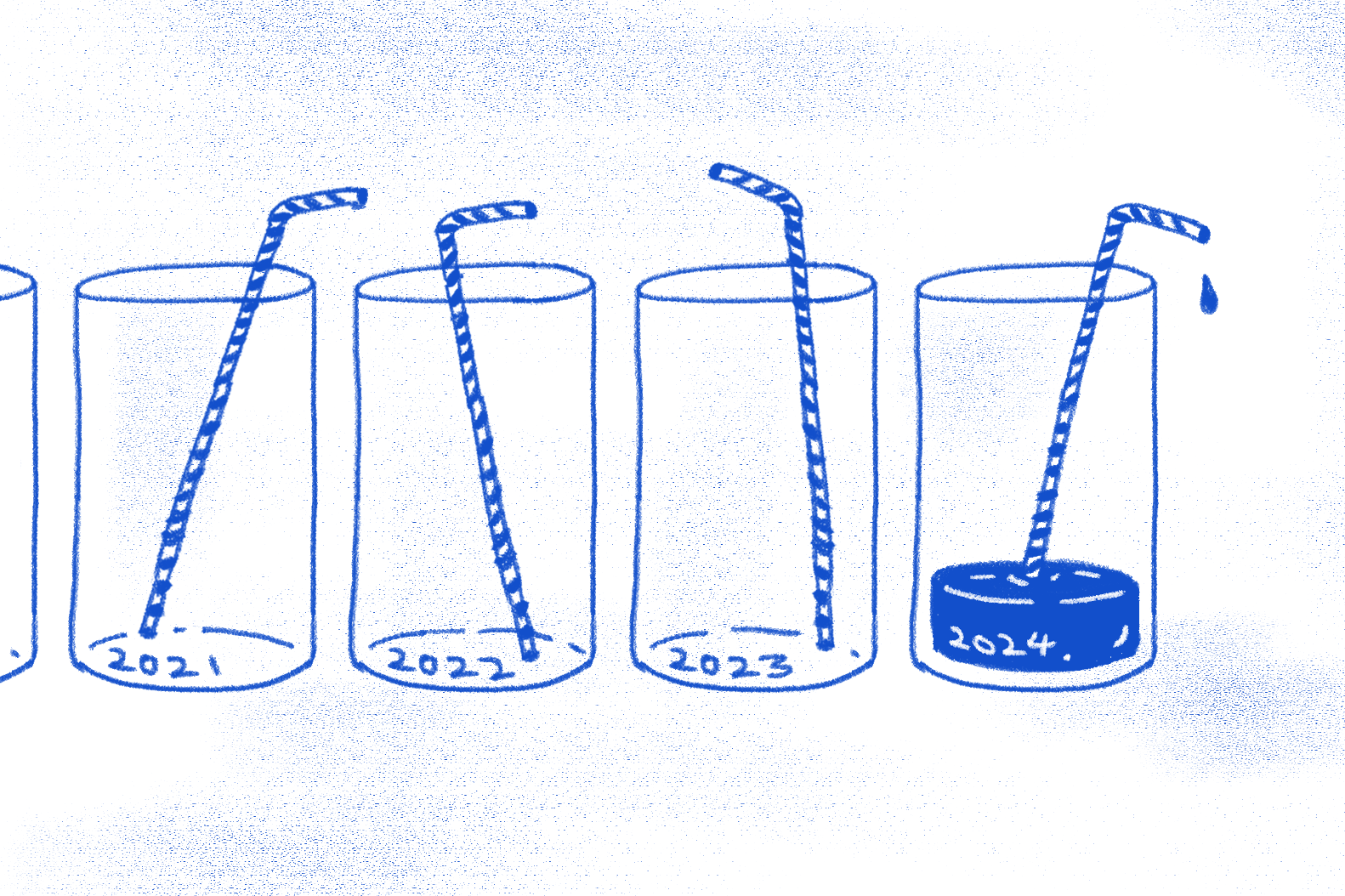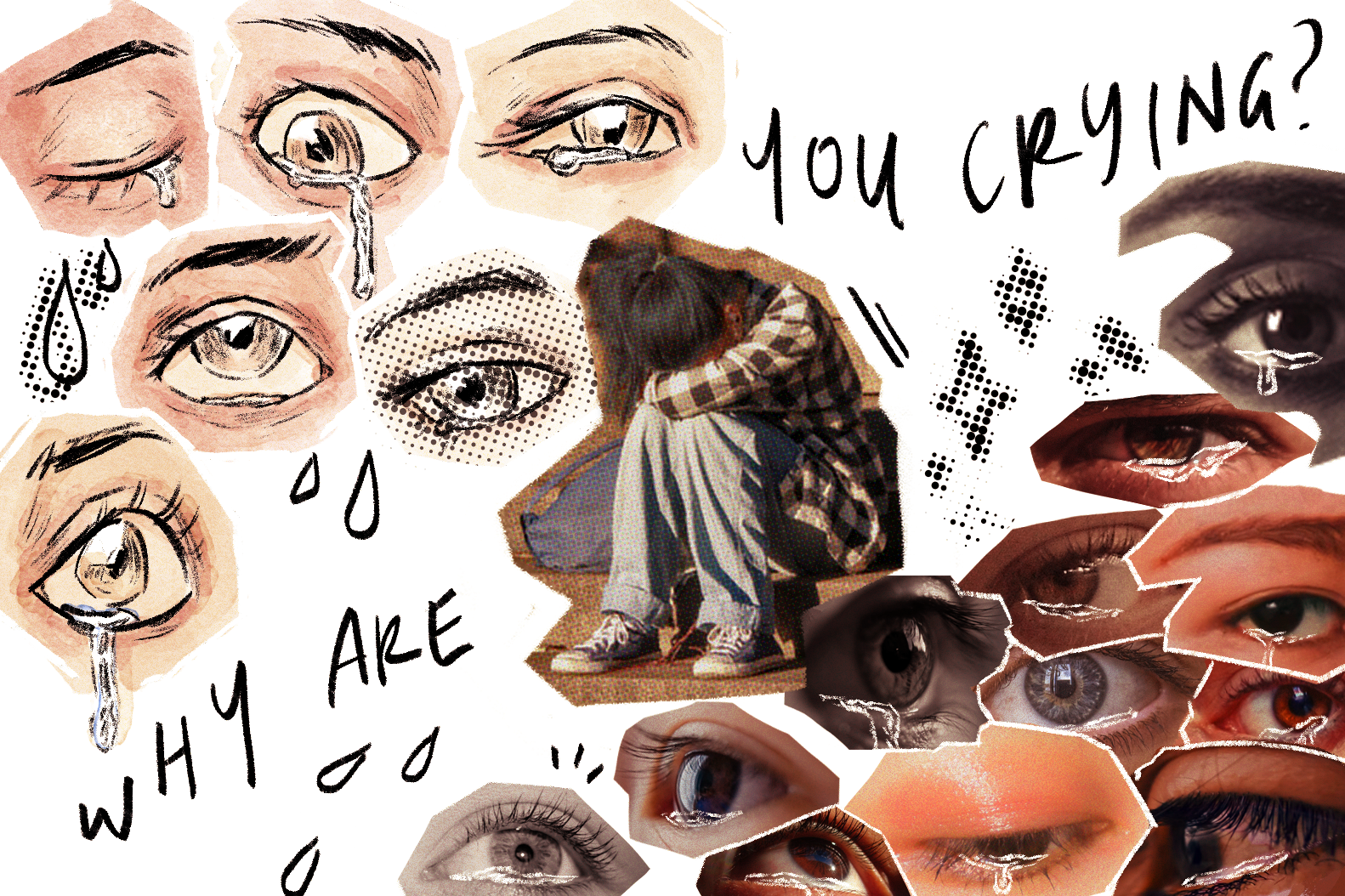TW: This story includes mention of an eating disorder
I want eyebrows like that girl. I want her figure.
As I entered Primary School, I realised that comparing myself to others like that had somehow become a natural instinct to me.
Indeed, I would gather information about my surroundings to “assess” where I was in life.
Loving myself was a lot harder than loving other people.
Then around the age of 11, I received multiple comments on my appearance from peers and family like:
- “Whoa, your arms are really huge.”
- “You should google leg workouts.”
These kind of questions and remarks hurt me and I became withdrawn, with my confidence plummeting to an all-time low.
I became frustrated about my looks like my face and the parting of my hair. I often wondered if I looked fat in my uniform, or if my shoulders were too broad.
The “standards” that I began to set for myself were way too high, and I was constantly comparing myself to many others on social media.
I would compare every part of their body to mine, and I would inevitably conclude that they were more attractive than I was, and that this was why they were so much happier than I was.
I thought that in order to be happy and live a fulfilled life, I had to look like the people I saw on social media.
Eventually, these constant comparisons eventually manifested into actions.
I would lock myself up in the bathroom and force myself to throw up after eating meals. This started at the age of 12 and continued until I was 17.
I started doing this so frequently that it became something of a lifestyle.
I would blast music at full volume in the toilet so that my parents wouldn’t find out.
Back then, I didn’t feel like there was anyone I could confide in.
I would blast music at full volume in the toilet so that my parents wouldn’t find out.
I didn’t want them to be burdened with the fact that their child is struggling with an eating disorder.

Life carried on like this until December 2019, my cousin invited me to church. I went there with the sole intention of making friends. I never intended to go back as I didn’t like the idea of religion.
After I visited her church, however, there was a lingering feeling of curiosity. That got me to return to the Christmas service the following week.
At the Christmas service, the sermon was about God as a Father. The message struck me as I never knew that God would be so personal.
I remembered saying during the worship: “God, if You are real, I wouldn’t mind following You — but let me untangle the knots in my life first.”
Right after that, I felt the Lord say to me: “Anne, you don’t have to get your life back together. Come just as you are.”
In that moment, I broke down into tears. I wouldn’t label myself as someone that would cry easily in public. Hence, I was amazed at this God who could move my heart.
After the service, the minister gave an altar call. I answered and by God’s grace, I said “yes” to following Jesus.
From then on, I developed a personal relationship with the Lord.
I began to learn of the preciousness of the Creator as much as I learnt of the emptiness of everything else in this world.
There was a verse that I began reciting often while saying grace for my meals: “So whether you eat or drink or whatever you do, do it all for the glory of God.”
But I still didn’t truly live out the lifestyle of eating for the glory of God.
The more I said these prayers, the more I became weighted with the conviction to do something about my unhealthy eating habits.
For the longest time, I couldn’t tell anyone about my struggles because I felt that no one would understand.
As I grew deeper in relationship with the Lord and studied the Word, the Holy Spirit revealed to me that my eating disorder stemmed from more than just body image issues.
My struggle also involved deeper questions like:
- Who am I?
- What is my identity rooted in?
- How can I find acceptance?
- What is the purpose of my life?
Eating disorder was not the primary problem, but the symptom of something deeper within me. In order to recover from my eating disorder, I had to find answers to such questions and deal with the real problems underneath.
One key problem was unworthiness. I had a perception that reaching a certain beauty standard would bring me joy, but my issues ran deeper than size.
I was wrestling with desires and issues that went back to the layers of hurt that had been stored up since childhood, and my coping mechanism was to purge in the bathroom.
Eventually, at the end of myself with regards to this issue, I encountered the Lord in a powerful way.

I remembered asking the Lord in prayer: “Why? Why can’t I just stop? Why do I struggle to surrender this portion of my life to You?”
I thought I’d been “repenting” on a daily basis, but in reality I was going through a ritualistic self-loathing cycle induced by my struggles with unworthiness.
“For what will it profit a man if he gains the whole world and forfeits his soul? Or what shall a man give in return for his soul?” (Matthew 16:26)
As I continued studying the Bible, the Holy Spirit convicted me of idolising the false, never-satisfying gods of beauty, thin waistlines and cultural acceptance.
And as someone who “knew” the gospel, I was suddenly struck by my lack of understanding of the gospel’s power to save and transform me.
Crying out to God in true repentance, my heart and mind began to change — as did my relationship with my body and food.
Over time, I was being delivered by the sin-conquering, death-defying resurrection power of Christ in me as I mediated on verses like Psalm 139, Romans 12:1, Colossians 3:2 and more.
The Word of God broke down all my walls of idolatry.
My journey of recovery began when I started to find security in my identity as a child of God. My assurance came from Christ and not my outward image.
What changed me wasn’t a program or a procedure — but a Person more beautiful than anything in the world.
That Person’s name is Jesus.
Indeed, seeing yourself through the lens of gospel is the greatest way to flourish in this messy world.
To those struggling, know this: the message of eating disorders is “try harder, do more, fix it yourself”.
But what the gospel says, is that what Jesus has already done is more important than anything you could ever do.
All of our attempts to feed and heal ourselves were paid for at the cross. We had intended to shape our name and identity through fleshly means — but God calls us His children.
Breaking free from an addiction and recovering from an eating disorder are extremely difficult, but you don’t have to go it alone.
The Creator of the universe is near, never abandoning you, always ready to help you — all you need to do is ask.
I pray that the promises of the Bible will give you hope that your eating disorder will not define you, and that God will finish the work of redemption He has begun in you.
Get the help you need. Invite your friends, your church, your support networks and experts into this struggle.
Moving forward may be frightening, but life lies ahead. Jesus invites us to follow Him in order to discover life in all its splendour.
Eating disorders make all kinds of promises, but only deliver misery and death. When we follow Jesus, we must let go of who we used to be and embrace who we were created to be.
I pray that the promises of the Bible will give you hope that your eating disorder will not define you, and that God will finish the work of redemption He has begun in you.
He set me free, and I know He can do the same for you.
- What about Anne’s story touched or inspired you?
- Do you face similar struggles? What are some practical things you can do to reach out for help and begin recovering?
- Do you know of someone who may be facing such a struggle? With sensitivity, how can you be a blessing and help for them today?










